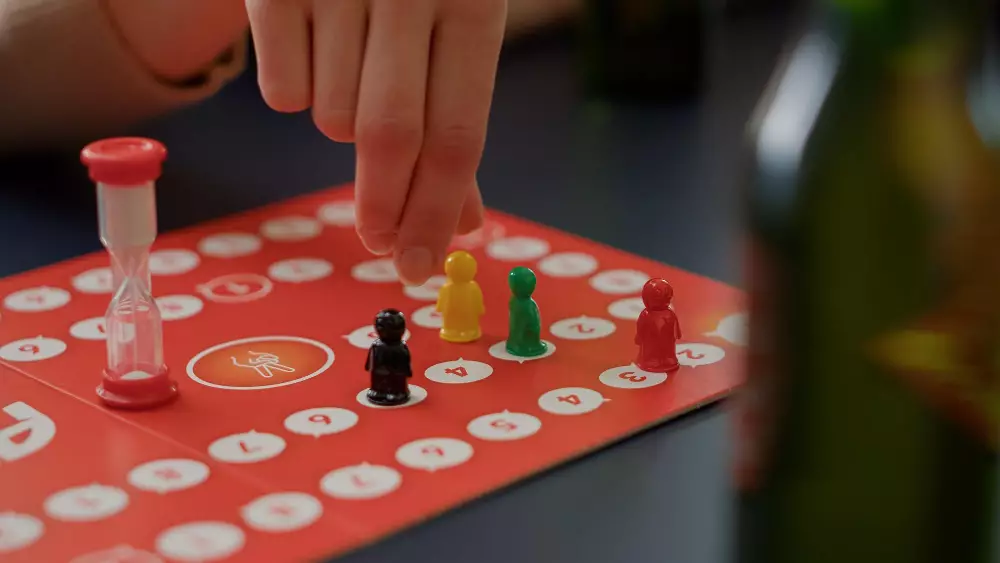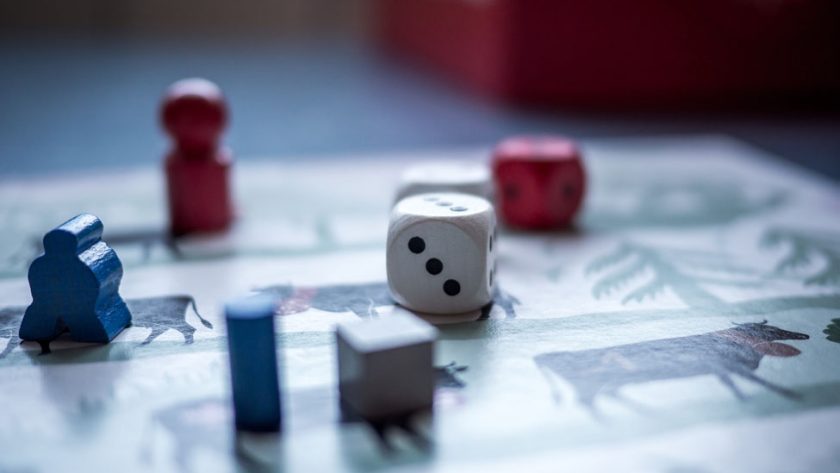Board games have dramatically evolved from simple chance games to complex, strategic ones. The earliest known games, from ancient Mesopotamia, were the Royal Game of Ur, dated to 3000 BCE. Players had pieces made of bone or stone. Senet and Backgammon were significantly developed in ancient Egypt. Pachisi was originally invented in India. It’s like modern Ludo. So, board games became widely mainstream. Many homes consistently had these board games in the 20th century. Recently, the demand for such games has strongly revived. People want to socialize in an analog world.
Board games do more than entertain. They effectively build social skills, boost problem-solving and foster cultural exchange. They also consistently create jobs and generate revenue. In the end, board games are a part of thousands of years of human history. They have impressed generations with their blend of strategy, skill, and social play. They have changed with modern trends but have never lost their essence.

Past to Future of Board Games
Board games have evolved with changing cultures and new tech. They now serve non-entertainment purposes, like education and therapy. Historically, they enabled socialization and relaxation while functioning as educational tools that taught essential skills like counting and problem-solving. They also played a vital role in cultural exchange and were sometimes associated with religious rituals. Today, board games are enjoyed by people of all ages, fostering connections among friends and family, enhancing critical thinking, and aiding individuals with cognitive impairments in therapy. Additionally, they are frequently employed in corporate team-building activities to promote collaboration.
Looking ahead, board games are likely to continue evolving with technology, integrating digital features like online multiplayer and augmented reality, and offering personalized gameplay experiences. Their educational focus may expand, providing engaging learning opportunities, while they may increasingly be used to raise awareness of social issues and promote positive change. In conclusion, board games possess a rich history and remain valuable tools for entertainment, education, and social interaction, poised to adapt and thrive as they remain a beloved pastime for generations to come.
Advantage Outside the Board
A game board generator is beautiful. They teach skills beyond pure fun. They provide a unique environment. A player can develop their cognitive, social, and emotional skills. Strategic thinking develops as a player predicts outcomes and plans. It is a key skill for decision-making in real life. One is prepared to solve problems. This is due to challenges that require creative solutions. Training improves critical thinking. It teaches how to analyze information and make decisions. Some games use spatial reasoning. They help visualize things. So, they aid architects and engineers. There is the development of communication and negotiation skills. They are important in all personal and professional settings. Cooperative games build team spirit and friendships. They teach emotional control and empathy by assessing others’ thoughts. Board games can teach math, science, history, and language arts. And, they can do it without being boring. Board games teach a hidden curriculum. It helps develop vital skills for all ages. These skills are cognitive and social-emotional. They apply to many aspects of life.

